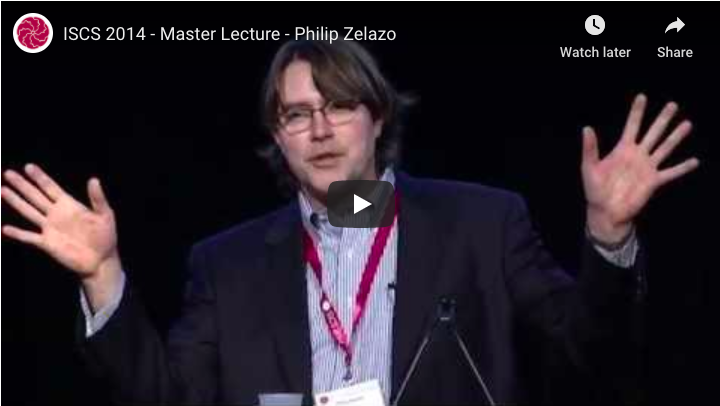Fostering Resilience through Mindfulness in Childhood
Topic Archives:
Master Lecture – Fostering Resilience through Mindfulness in Childhood
Early childhood is marked by substantial development in self-regulatory skills, such as executive function (EF), that support school readiness and socioemotional competence. Indeed, individual differences in EF in childhood predict a wide range of important developmental outcomes, including physical health, and EF is increasingly a target of therapeutic, remedial, and universal interventions. This lecture will …
Continue reading “Master Lecture – Fostering Resilience through Mindfulness in Childhood”
Concurrent Session 2 – Stress Mitigation with Mindful Embodied Techniques in a Basic Science Class
Basic sciences in higher education confront a paradox, reaching the minds of many and the hearts of few. Compulsory requirements for graduation or professional schools push a high course demand, large classes, and a culture of Darwinian grading that contribute to student performance anxiety, fear of failure, intellectual disengagement, and a test-driven approach to content. …
Concurrent Session 2 – The Tears of a Scholar: Bringing Mindfulness into Higher Education
Deep feeling for life characterizes monks, healers, and scholars. However, the current context of higher education in the United States leaves behind the quest for meaning in favor of corporate cost cutting and employment-focused endeavors by which we are judged. This panel of scholars seeks to share the ongoing process of creating a master’s degree …
Concurrent Session 2 – Contemplative Education: From Neoliberal to Transformational?
What is the purpose of contemplative practices in K-16 education within the current climate of neoliberal “reforms”? Is it to reach enlightenment and awakening about our selves/no selves, to radically challenge social dukkha, and to eliminate greed, ill will, and delusion for everyone? Or is it an accommodationist technology for teachers and students to improve …
Concurrent Session 2 – Mindfulness in Education for Teachers and Students
Early childhood is an especially sensitive period in life, and a time when the brain undergoes rapid development. As such, training during this period has the potential for significant and lifelong impact. Educators of young children play a pivotal role in shaping student outcomes and success. Therefore, we are harnessing mental training techniques that have …
Continue reading “Concurrent Session 2 – Mindfulness in Education for Teachers and Students”
Concurrent Session 1 – Philosophical Foundations for Contemplative Pedagogy in Higher Education: New Research in the Field
As the field of contemplative education in higher education enjoys unprecedented growth and more and more faculty across disciplines are integrating contemplative pedagogical practices in their classrooms, it is vital to continue building the relatively new theoretical foundations for the field. This panel brings together five of the most innovative academics who are developing new …
Concurrent Session 1 – Dancing Compassion: Using Dance to Cultivate Personal and Social Awareness in the Classroom
This presentation will explore the use of dance and choreographic methodology as embodied practices for guiding classroom explorations of ethical issues and active compassion. Movement is used as the primary medium for discovering mindful awareness expanding from the personal to the relational and then to social justice awareness and engagement. This presentation will use themes …
Concurrent Session 1 – Contemplation as Organizational Transformation in a Research I University: The University of Virginia as a Case Study
The founding of the Contemplative Sciences Center at the University of Virginia provided an opportunity for institutional transformation across all schools in teaching and learning, research, engagement, and cross-disciplinary collaboration. The approach has been to assess the organizational culture, intellectual norms, pedagogical practices, and gaps in student outcomes to consider how contemplative ideas, values, and …
Master Lecture – Contemplative Science Goes to School
Contemplative Science Goes to School: Improving the Context for Teaching and Learning in the Elementary School Years Through Contemplative Approaches The classroom has been long recognized as an important context for development, particularly during the elementary school years. Optimal learning environments are physically and emotionally safe and provide students with a sense that their thoughts …
Continue reading “Master Lecture – Contemplative Science Goes to School”


